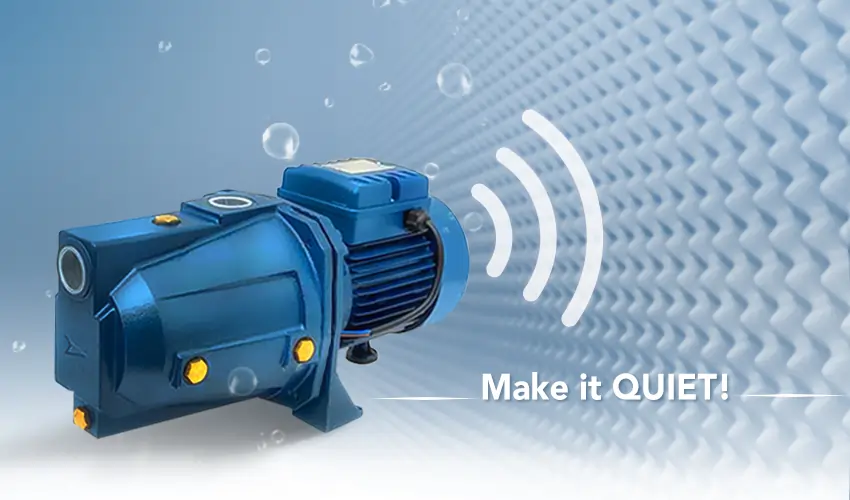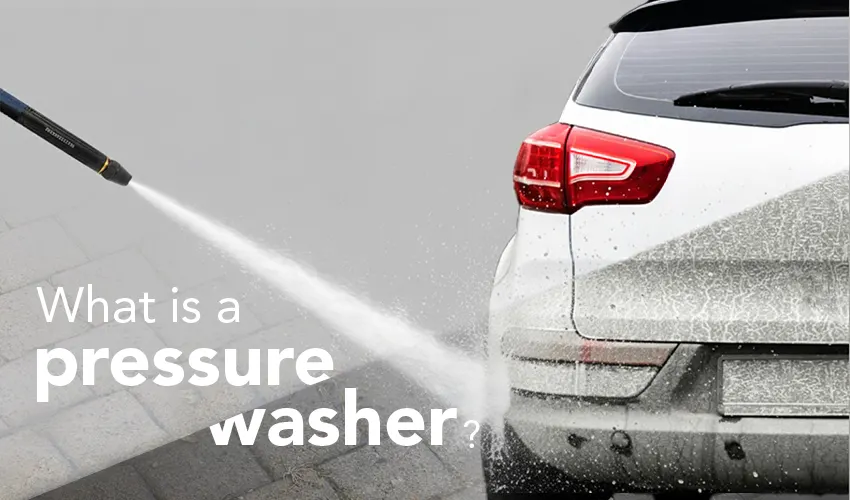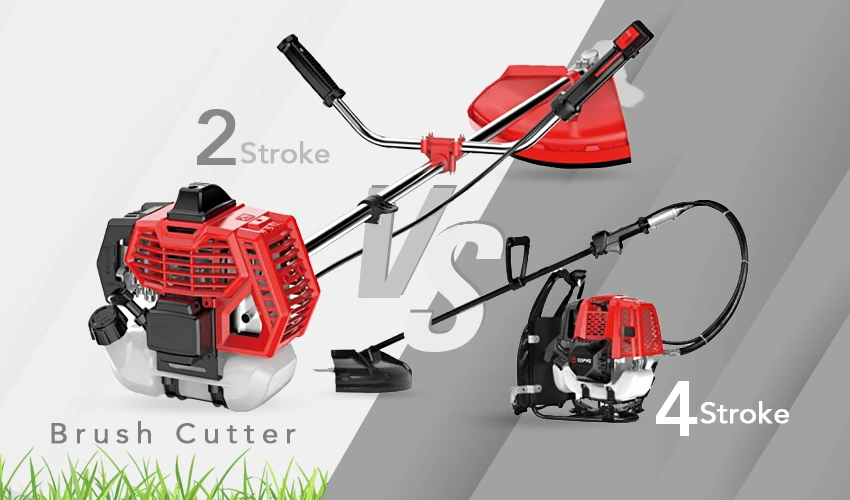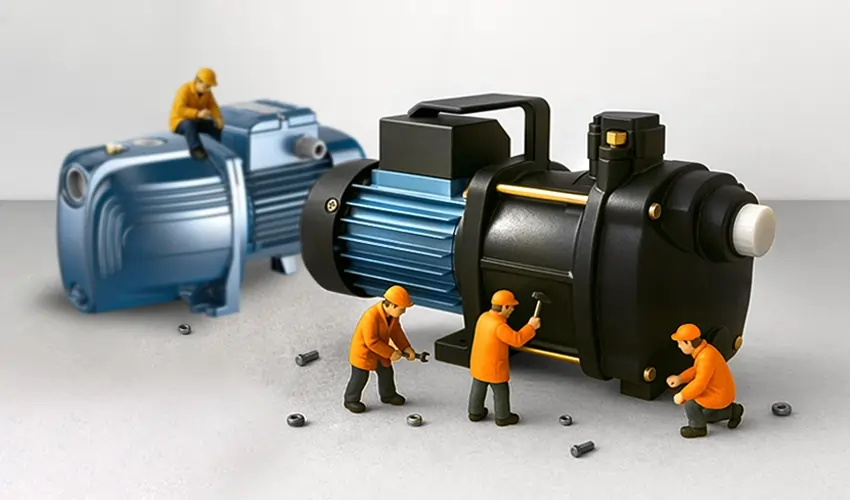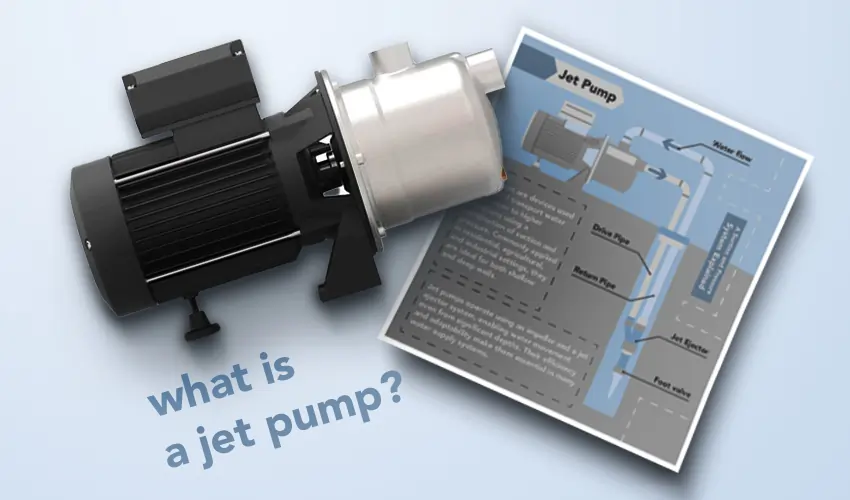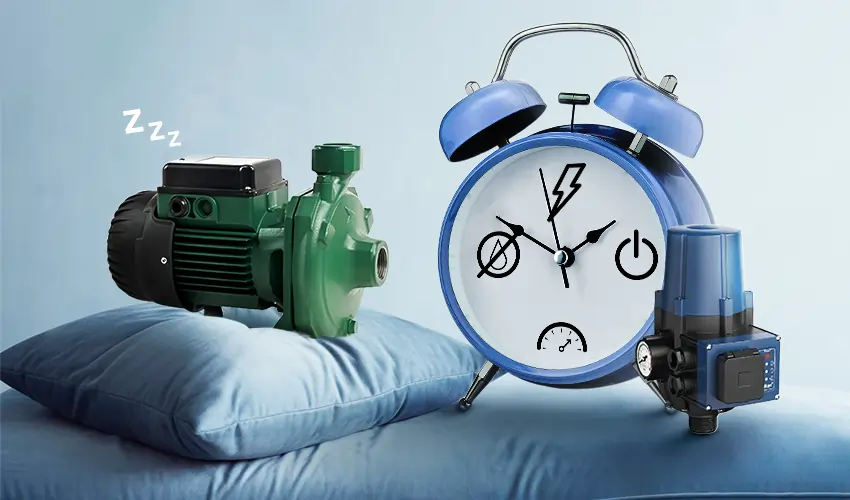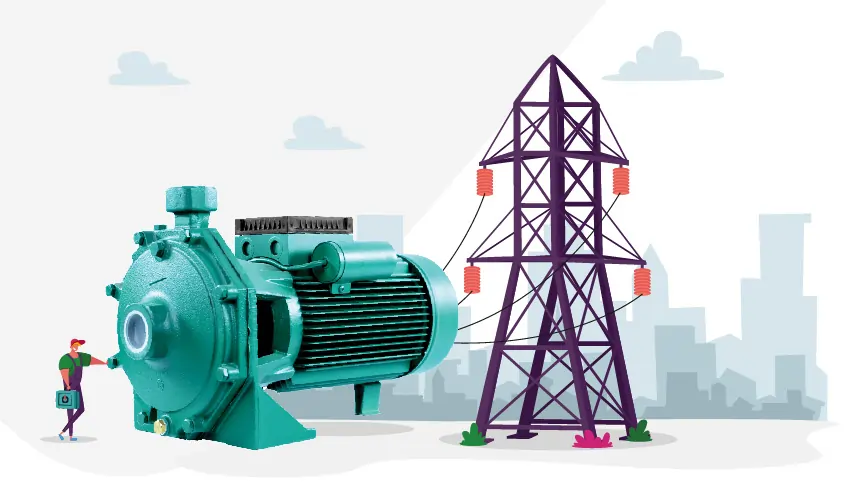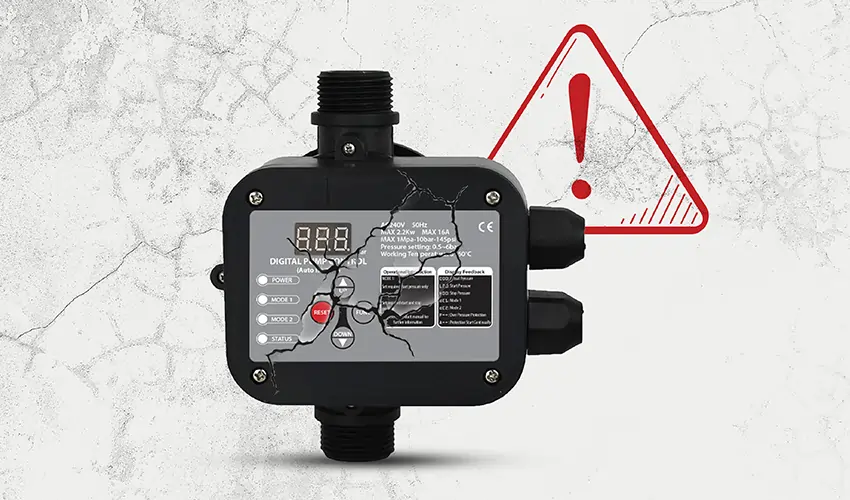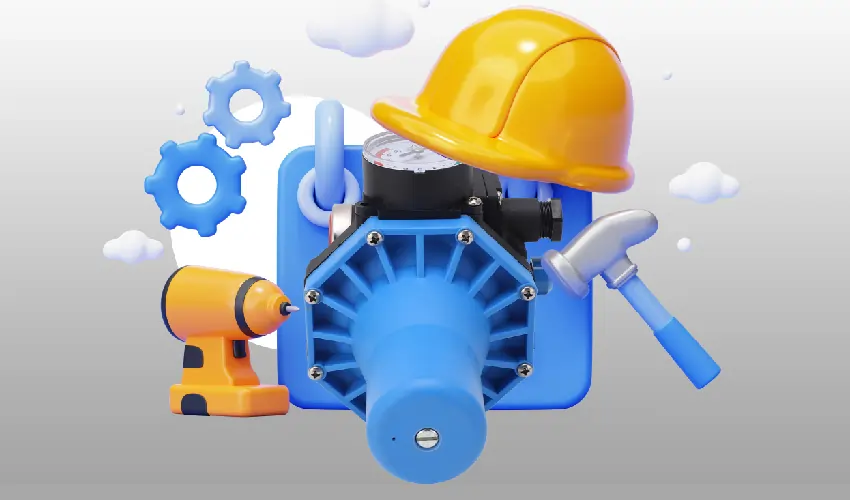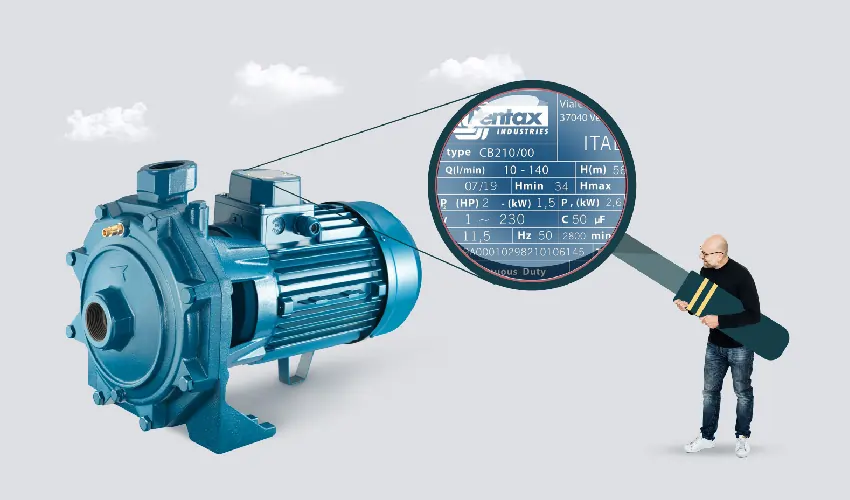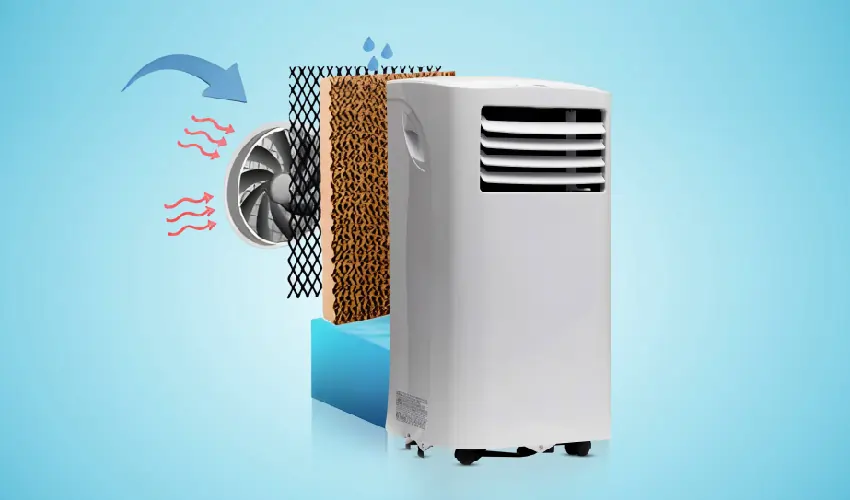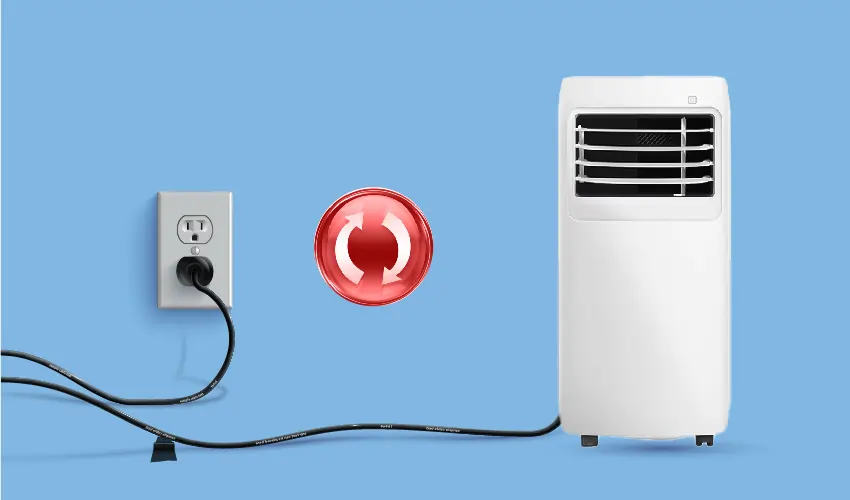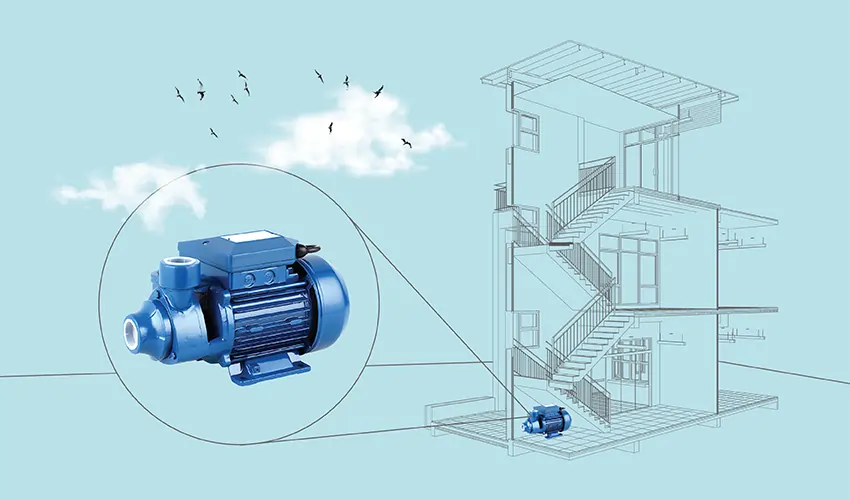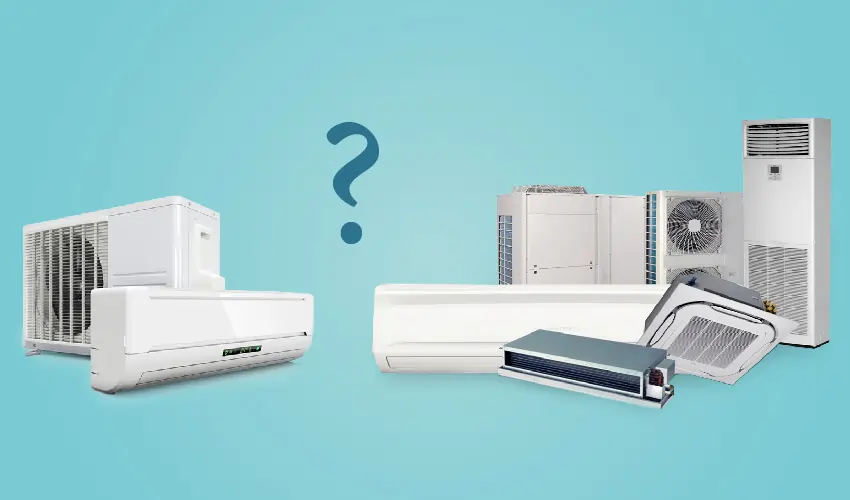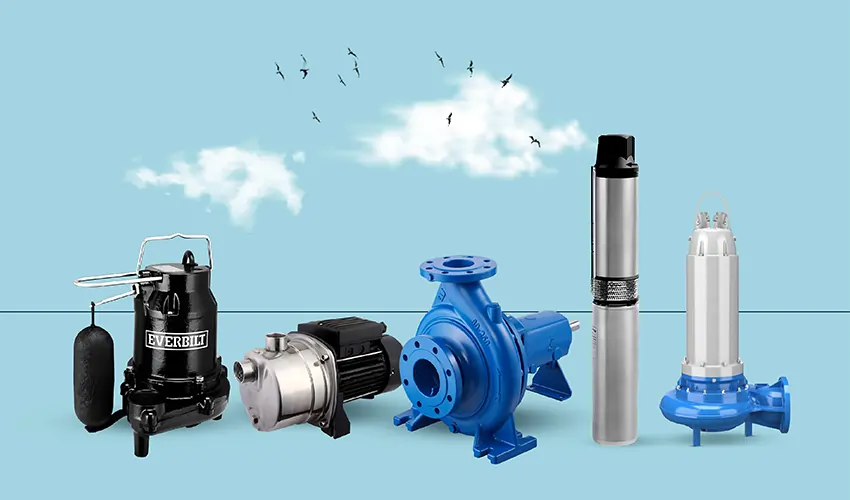How To Make a Jet Pump Quieter
To make a jet pump quieter, several approaches can be considered. The noise from a jet pump generally arises from its operating mechanism and the movement of fluid. Addressing this involves looking at the components of the pump, the environment in which it operates, and the specific design features that may contribute to noise generation. Understanding these aspects is crucial for identifying effective methods to reduce noise levels without compromising the pump’s efficiency or functionality.
What Makes a Jet Pump So Loud?
Jet pumps can be loud due to a variety of factors related to their design and operation. Here’s a detailed breakdown of what makes jet pumps loud.
1. High-Velocity Fluid Movement: The core function of a jet pump involves moving fluid at high velocities. When water or other fluids are propelled at high speeds, especially through a jet nozzle, it creates turbulence and friction, which results in noise.
2. Vibration: Jet pumps have moving parts, like impellers, that can cause vibration when they rotate at high speeds. This vibration often translates to noise, which can be amplified if the pump is not properly mounted or if there are loose components.
3. Cavitation: Cavitation occurs when the pressure in a liquid suddenly drops, causing small, vapor-filled cavities or bubbles to form. When these bubbles collapse, they create a sharp, loud noise. This phenomenon is common in high-speed pumps like jet pumps and can contribute significantly to their overall noise levels.
4. Motor Noise: The electric motor that powers the pump can also be a source of noise. Motors can produce a humming or buzzing sound when operating, and any issues with the motor, such as worn bearings or misalignment, can increase the noise level.
5. Fluid-Structure Interaction: The interaction between the moving fluid and the pump structure can generate noise. This includes the impact of fluid on the pump walls, turbulence within the pump housing, and the noise generated by the fluid exiting the pump.
6. Resonance: Parts of the jet pump or the piping system may resonate in response to certain frequencies generated by the pump operation. This resonance can amplify the noise produced by the pump.
7. Inadequate Maintenance: Over time, wear and tear on the pump’s components, such as seals, bearings, and impellers, can lead to increased noise levels. Regular maintenance is essential to keep the pump running smoothly and quietly.
8. Design and Installation Factors: The design of the pump, including the size and shape of the impeller, the nozzle, and the venturi, can influence noise levels. Additionally, how the pump is installed, including its mounting and the configuration of connected piping, can affect the amount of noise it produces.
When Does the Jet Pump Start to Make a Loud Noise?
When a jet pump starts to make a loud noise, it is often due to specific conditions or changes in its operating environment or internal components. These situations can be distinct from the general factors that inherently make jet pumps loud. Here’s a detailed explanation of when and why a jet pump might start to produce a louder noise
1. Wear and Tear: Over time, the components of a jet pump can wear down. This includes the impeller, bearings, seals, and the motor itself. As these parts degrade, they may not function as smoothly as they once did, leading to increased noise. For example, a worn impeller can cause imbalance, leading to vibration and noise.
2. Operational Stress: If a jet pump is operating under conditions for which it was not designed, such as pumping at a higher rate or pressure than its optimal range, this can put additional stress on the pump’s components. The strain from overworking can manifest as loud operational noise.
3. Clogging and Blockages: Debris or sediment in the water source can get into the pump and cause blockages. This can alter the flow path of the water, creating turbulence and noise. Additionally, clogged filters or screens can force the pump to work harder, which can increase noise levels.
4. Aeration or Low Water Levels: If the water source is too low or there is excessive aeration in the water being pumped, it can lead to cavitation, which is a common cause of loud noise in jet pumps. This happens when air is drawn into the pump, leading to the formation and collapse of air bubbles.
5. Loose Fittings and Mountings: Over time, the fittings that connect the pump to the piping system, or the mountings that secure the pump in place, can become loose. This can lead to rattling sounds or amplified vibrational noise.
6. Electrical Issues: Problems with the electrical components of the pump, such as the motor windings, capacitors, or power supply, can result in unusual noises. Electrical malfunctions might cause the motor to emit a humming or buzzing sound that’s louder than normal.
7. Hydraulic Imbalance: If there’s an issue with the hydraulic balance of the pump system, it can lead to uneven pressure within the pump. This imbalance can cause parts of the pump to move irregularly, creating additional noise.
8. Temperature Changes: Extreme temperature fluctuations can affect the pump’s components. Materials expand and contract with temperature changes, which can lead to increased friction or fitting issues, thus generating noise. How to make a jet pump quieter? Making a jet pump quieter requires a strategic approach to minimize the factors contributing to its noise. In the following discussion, we will explore effective methods for reducing the sound emitted by a jet pump, ensuring a more peaceful and efficient operation.
How to Reduce Noise from a Jet Pump?
Regular Maintenance
Regularly inspect and maintain your jet pump. This includes checking for wear and tear on components like the impeller, seals, and bearings. Replace worn parts as needed to ensure smooth operation. Keeping the pump clean from debris and sediment can also prevent noise due to clogging or blockages.
Proper Installation and Mounting
Ensure the pump is correctly installed and securely mounted. Use vibration-dampening mounts to minimize the transmission of vibrations to the surrounding structures. Check that all fittings and connections are tight to prevent rattling noises.
Cavitation Prevention
Cavitation is a common noise source in jet pumps. To prevent it, make sure the pump is operating within its recommended capacity and not drawing in air. Maintaining a proper water level in the source and ensuring that the suction line is clear and properly sized can help reduce the risk of cavitation.
Use of Soundproofing Materials
Enclose the pump in a soundproof box or use sound-dampening materials around the pump area. Materials like foam insulation or mass-loaded vinyl can absorb and reduce noise transmission. However, ensure adequate ventilation to prevent overheating.
Pump Sizing and Selection
Using a pump that is correctly sized for your specific needs can reduce noise. An oversized pump can create unnecessary noise and vibration. Consulting with a pump specialist to select the right pump for your application is advisable.
Anti-Vibration Piping
Use flexible couplings in the piping to absorb vibrations and reduce noise transmission through the pipes. Ensure that the pipes are securely fastened and do not have any loose sections that can rattle.
Adjust the Impeller and Nozzle
If possible, adjust the impeller and nozzle alignments. Misalignment can cause uneven water flow, leading to vibration and noise. Ensuring these components are correctly aligned can significantly reduce operational noise.
Reduce Motor Noise
If the pump’s motor is a significant noise source, consider using a motor with better insulation or a lower noise rating. Regularly servicing the motor, lubricating moving parts, and replacing worn bearings can also reduce noise.
Use a Silencer or Muffler
Some jet pumps can be fitted with silencers or mufflers on their discharge lines to reduce noise from the expelled water.
Isolate the Pump Room
If the pump is housed in a separate room or area, consider soundproofing the room itself. This can include adding acoustic panels to walls, using sound-absorbing ceiling tiles, and ensuring the door is well-sealed.
Check for Electrical Issues
Noise can also be caused by electrical problems. Ensure the pump is receiving the correct voltage and that there are no issues with the electrical connections.
Conclusion
To minimize jet pump noise, focus on isolation, insulation, regular maintenance, addressing cavitation, considering pump upgrades, installing silencers, and optimizing the pump’s location. These measures collectively contribute to creating a quieter operational environment.

